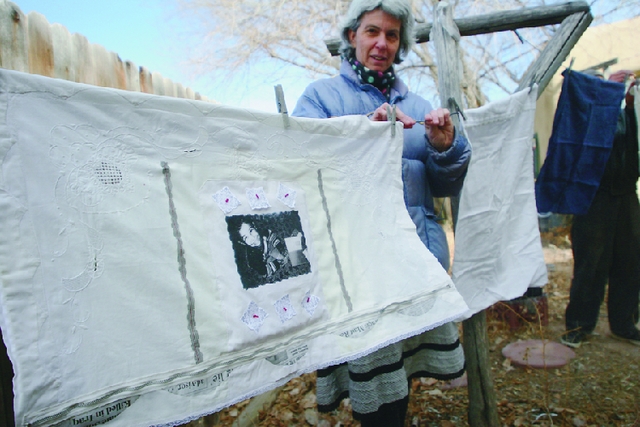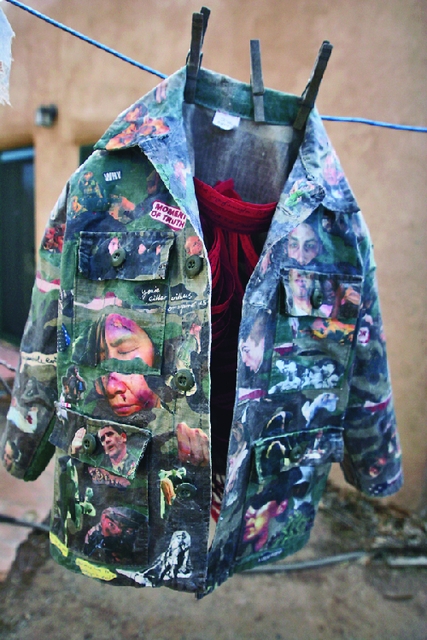White History Week
Resetting The Default


A work by artist Georgette Endicott, also hanging on The Line .
Tina Larkin
Latest Article|September 3, 2020|Free
::Making Grown Men Cry Since 1992


A work by artist Georgette Endicott, also hanging on The Line .
Tina Larkin

